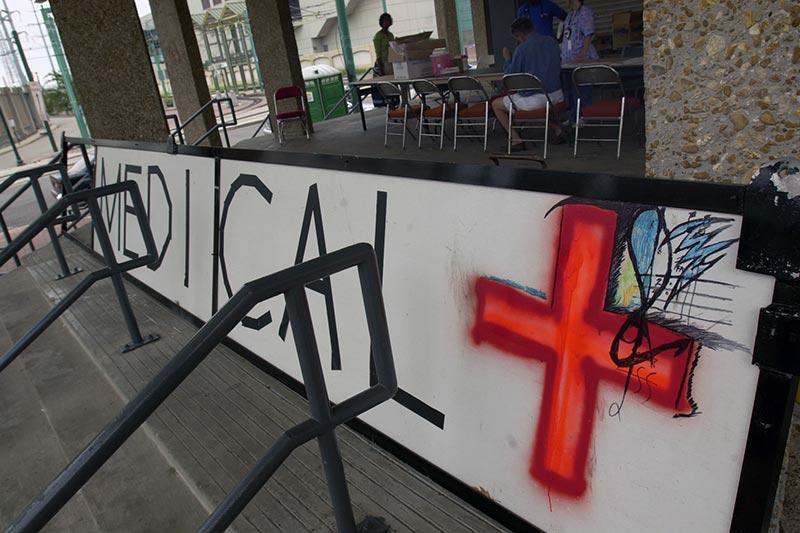Managing the emotional toll of disasters
Floods, earthquakes – scenes of devastation after natural disasters may affect us in the long term, even if we haven’t experienced them firsthand. According to Charles Figley, Paul Henry Kurzweg Chair in Disaster Mental Health at the Tulane School of Social Work, there’s little research on the lasting emotional effects of natural disasters.
But “there are predictable psychosocial and emotional immediate and long-term reactions, for example: phobias.” In the case of floods, “there are more phobias about rain, about standing water” and more, he said.
Patrick Bordnick, dean of the School of Social Work, saw his Houston home flood twice in less than a year. “This was a surreal experience … these are not things that most people normally experience,” he said. “For the first time, we were in the position to receive aid and assistance after being the ones normally to provide assistance. It can be extremely uncomfortable asking for help.”
No matter your degree of involvement in a disaster – you or a friend lost a home, you helped others, or you watched it on TV, Figley and Bordnick offer some guidance on how to minimize feelings of helplessness and despair:
- Try to find things to be thankful for.
- Note how hopeful you feel about the future on a scale of 1 to 10. If you feel very hopeful – closer to 10 – get out and help someone else. If your hopefulness rates less than 3, you may need to talk to someone professionally.
- Break down tasks. Handle several things that you can complete easily, even if they’re small.
- Laugh. Laughing requires deep breathing, which reduces stress.
- Help out or donate where you can. It can be cathartic and provide a sense of balance.
“After a disaster, some people may be angry or sad, but some may not show any emotion,” said Bordnick.
“It’s a humbling experience, and we need to be humble in front of it,” Figley added.

